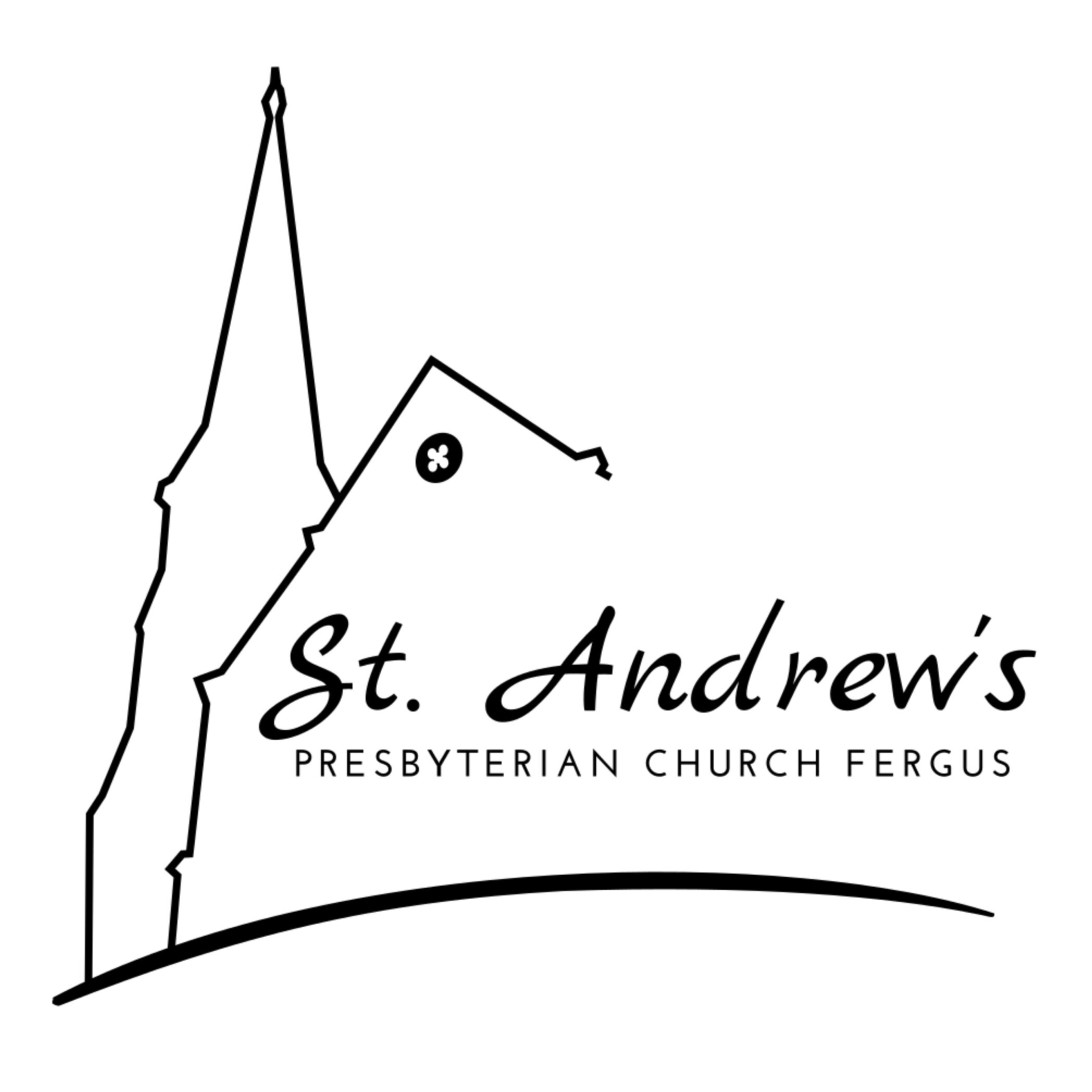The good news is lived by ordinary people
Acts 9:32-43
32 Now as Peter went here and there among all the believers, he came down also to the saints living in Lydda. 33 There he found a man named Aeneas, who had been bedridden for eight years, for he was paralysed. 34 Peter said to him, ‘Aeneas, Jesus Christ heals you; get up and make your bed!’ And immediately he got up. 35 And all the residents of Lydda and Sharon saw him and turned to the Lord.
36 Now in Joppa there was a disciple whose name was Tabitha, which in Greek is Dorcas. She was devoted to good works and acts of charity. 37 At that time she became ill and died. When they had washed her, they laid her in a room upstairs. 38 Since Lydda was near Joppa, the disciples, who heard that Peter was there, sent two men to him with the request, ‘Please come to us without delay.’ 39 So Peter got up and went with them; and when he arrived, they took him to the room upstairs. All the widows stood beside him, weeping and showing tunics and other clothing that Dorcas had made while she was with them. 40 Peter put all of them outside, and then he knelt down and prayed. He turned to the body and said, ‘Tabitha, get up.’ Then she opened her eyes, and seeing Peter, she sat up. 41 He gave her his hand and helped her up. Then calling the saints and widows, he showed her to be alive. 42 This became known throughout Joppa, and many believed in the Lord. 43 Meanwhile he stayed in Joppa for some time with a certain Simon, a tanner.
If this were a drama, we would say that Saul has left the scene, and Peter is the main character on stage, because the story seems to be all about what Peter did. But there are three other things that we should not miss in the story.
First, all the events described take place outside of Jerusalem. The church had spread not just to Samaria (Acts 8), but also into the rest of the countryside. So there are Christians in the towns of Lydda and Joppa before Peter arrives. The good news about Jesus got to these places not by the work of the experts, the 12 apostles, but by ordinary Christians who had left Jerusalem talking about Jesus and living the Jesus way. The church grows when ordinary Christians talk to friends, neighbours and co-workers about the ways Jesus makes a difference for them.
Second, Tabitha (Dorcas) is called a disciple, the early church quickly came to recognize that anyone who followed the Jesus way was a disciple, and the word came to mean “a follower of Jesus.” Dorcas had lived the Jesus way and it was her compassion for widows, the most destitute group in society then, that was her legacy.
Third, in typical Luke fashion at the very end of the section he gives us a sentence which foreshadows future events. Peter staying with a tanner does not catch us, but it would have caught the first readers of the book. Tanners worked with the skins/hides of animals including from pigs. No upstanding Jew would work with pig skin, and Peter in staying with Simon (a Jewish tanner) was indicating that he was not rigid in his following of Jewish practice. Peter was a Jew, but was open to those Jews who lived on the edges of the Jewish law. This will matter shortly in Luke’s story.
PRAYER
God of good news, we thank you that you use everyone who follows your son Jesus Christ to tell and live the good news that Jesus has brought to the world. We thank you that ordinary human beings can tell your story and show your love, do that through us we pray. In Jesus’ name. Amen.
